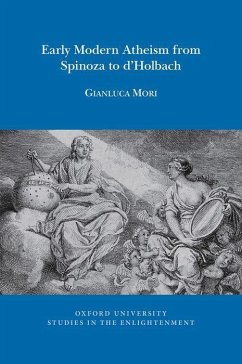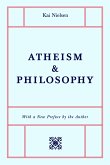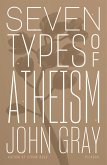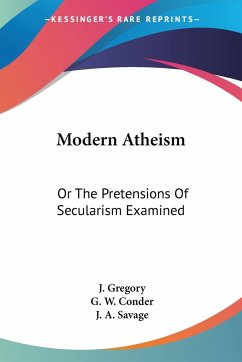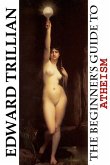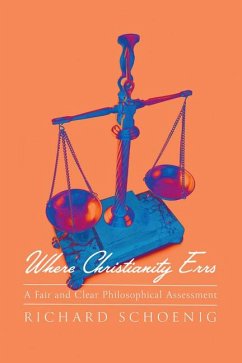This book fills a gap as it poses, for the first time, the question of the philosophical meaning of atheism in the early modern period. The philosophy of Spinoza, Hobbes, Bayle, Meslier, Boulainviller, Du Marsais, Fréret, Toland, Collins, Hume, Diderot, Voltaire, and d'Holbach is explored and their positions are placed in a general interpretive scheme, based on the idea that atheism is itself an unwanted fruit of early modern metaphysics and theology.

